Coconut Oil Unsulphated Cold Pressed
₹240.00 – ₹480.00Price range: ₹240.00 through ₹480.00
Our Oils are extracted in a Ceramic and wooden expeller. These units typically consist of a ceramic bowl or hopper that is fitted with a press that is used to crush or grind the raw material, and a spout or outlet that allows the oil to be collected. This method is the actual “cold pressing” because it doesn’t involve any heat, neither chemical solvent, which preserves the natural flavor, color, and nutritional quality of the oil.
Low rpm (revolutions per minute) refers to the speed of the press used in the cold pressing process. A low rpm press operates at a slower speed to preserve the nutritional quality of the oil.
Here’s a general overview of the steps involved in the extraction of cold pressed oils under low rpm:
- Preparation: The raw material is cleaned and sorted to remove any impurities or debris.
- Pressing: The press operates at a low rpm <4 RPM.
- Filter: The freshly pressed crude oil is passed through leaf press filter (made with banana fibre) to remove the particles and heavy sediments that inhibit the shelf life of the oil and also improves the density of the oil.
- Storage: To the oil is stored in a cool, dark place to help preserve its quality and prevent oxidation.
The specific details of the cold pressing process may vary depending on the type of raw material, but the general principles remain the same. Cold pressed oils made under low rpm can be a healthy and flavourful addition to a variety of dishes, and their gentle extraction process that preserves their natural nutritional value adds to a healthy diet.
The Ceramic oil extraction unit and the processing methodology is patented under IPR, claiming the higher nutrition retention factor and absorption.
Coconut Oil (Cold pressed and fermented coconut oil extracted from unsulphated copras)
After the Coconut oil is extracted using our Ceramic oil extraction unit, a recommended dosage of lactobacillus culture and yeast is added to aid in fermentation. which begins to break down the complex fatty acids found in the coconut oil. Specifically, the bacteria and/or yeast consume the simple sugars in the coconut oil and produce lactic acid, which helps to break down the fatty acids into smaller, more easily digestible molecules. This process is known as lipolysis, and it can result in the release of medium chain fatty acids (MCFAs) from the coconut oil.
MCFAs are a type of saturated fat that are found in coconut oil, and they are known for their unique properties. Unlike long chain fatty acids (LCFAs), which are found in many other types of oils and fats, MCFAs are more easily absorbed and metabolized by the body. They are also less likely to be stored as fat and more likely to be used for energy.
By breaking down the complex fatty acids in coconut oil into smaller, more easily digestible molecules, fermentation can help to increase the bioavailability of the MCFAs in the oil. This can make the oil easier to digest and can also increase its nutritional value.
Immune system support: Coconut oil contains lauric acid, which has been shown to have antibacterial, antiviral, and antifungal properties, making it beneficial for supporting the immune system.
Skin health: Coconut oil can be used topically to moisturize and nourish the skin.
Haircare: Coconut oil can be used to moisturize and condition the hair.
Oil pulling: It cures the mouth ulcers and inoculates good bacteria.
Cooking: Coconut oil has a high smoke point, making it a good option for cooking at high temperatures. It is often used in baking, stir-fries.
Here are some potential benefits of oil made through fermentation:
- Increased postbiotics content: Fermented oils can contain beneficial bacteria and postbiotics, which can help to support gut health and the immune system.
- Improved digestibility: The fermentation process can help to break down complex molecules in the oil, making it easier to digest and absorb nutrients.
- Higher nutrient availability: Fermentation can increase the availability and bioavailability of certain nutrients, such as vitamins and minerals, making them easier for the body to absorb and utilize.
- Improved shelf life: Fermentation can help to preserve the oil and protect it from spoilage, potentially leading to a longer shelf life.
Overall, while the specific benefits may depend on the type of oil and the specific fermentation process used, fermented oils can offer unique nutritional and sensory benefits that may make them a valuable addition to a healthy diet. It’s always a good idea to choose high-quality, consciously and minimally processed oils.
Unsulphated Copras procured from Ramapattinam, Tamilnadu grown without any pesticides. Tested Organic.
Product produced and processed according to NPOP standard of India and EC regulation no. 834/2007
| Weight | 1 kg |
|---|---|
| Size | 500 ml, 1 Litre |
3 reviews for Coconut Oil Unsulphated Cold Pressed
Add a review Cancel reply
Related products
Oils & Fats
Oils & Fats
Oils & Fats

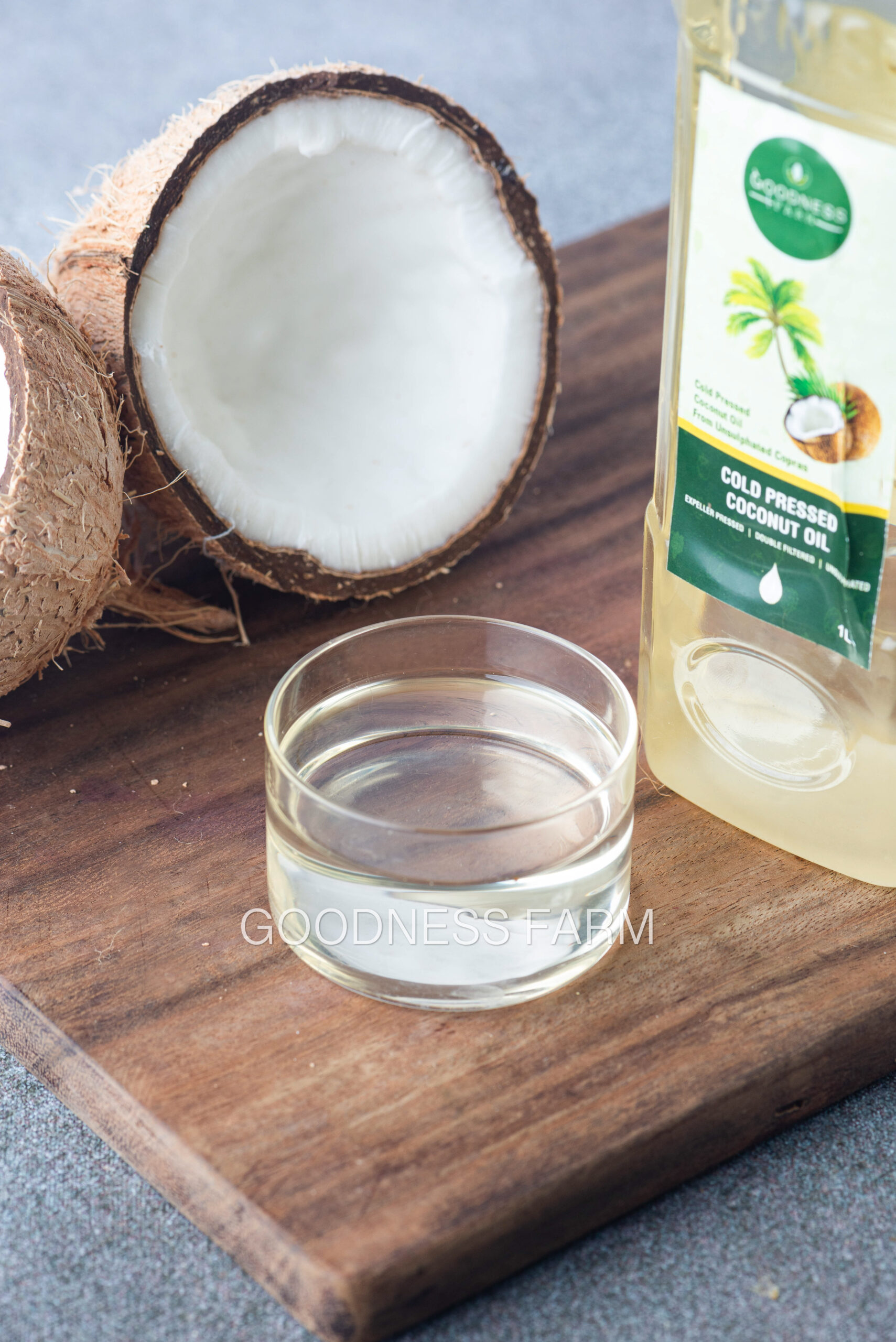
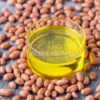

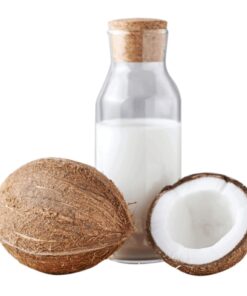
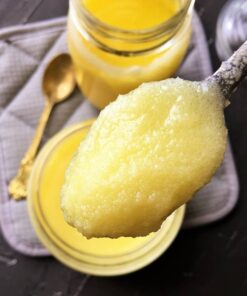

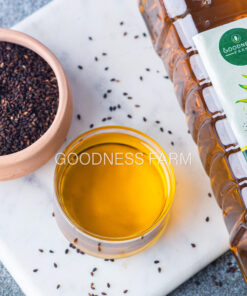
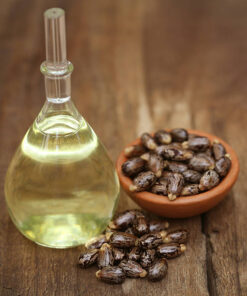
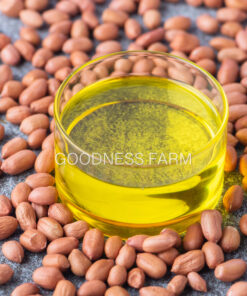
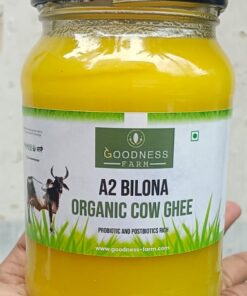
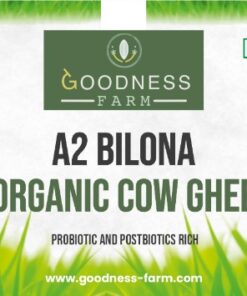
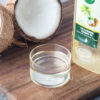
Smitha –
We like your Coconut oil. It has a mild pleasant aroma.
Jasleen Kaur (verified owner) –
Best quality organic cold pressed coconut oil from Goodness Farms. I have been using this coconut oil for many years now. The quality is very well maintained. Prices are very genuine. Ms Maria Jenita has taken organic farming to a new level and is going commendable work.
mariajenita (verified owner) –
Dear Patron, Thank you so much for taking time out to share your feedback! 😊
Preetha Rajesh (verified owner) –
I’ve been ordering from goodness farm for quite a while..also I’ve recommended to my friends…I never go back to any other place for all my organic grocery products
Goodness Farm (verified owner) –
Thank you so much ma’am
We are deeply humbled.